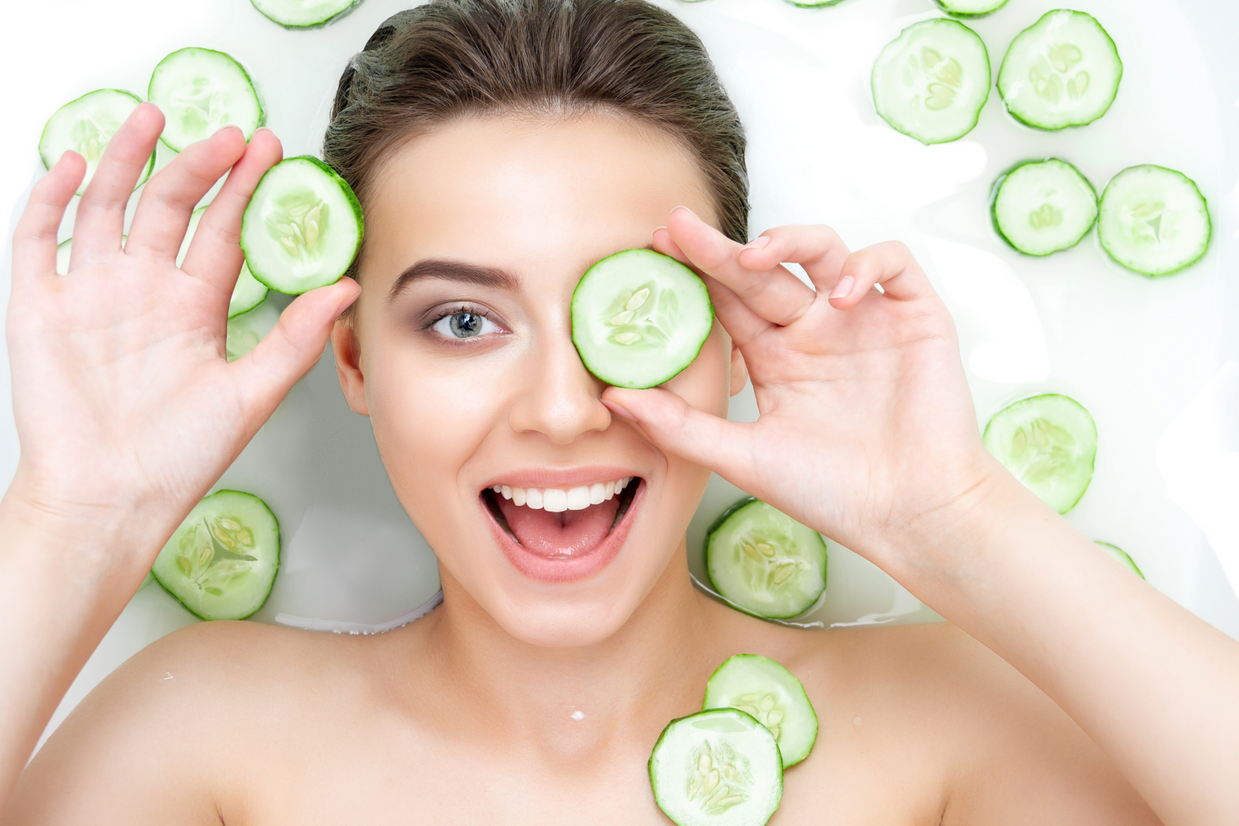How to Build a Skin Care Routine
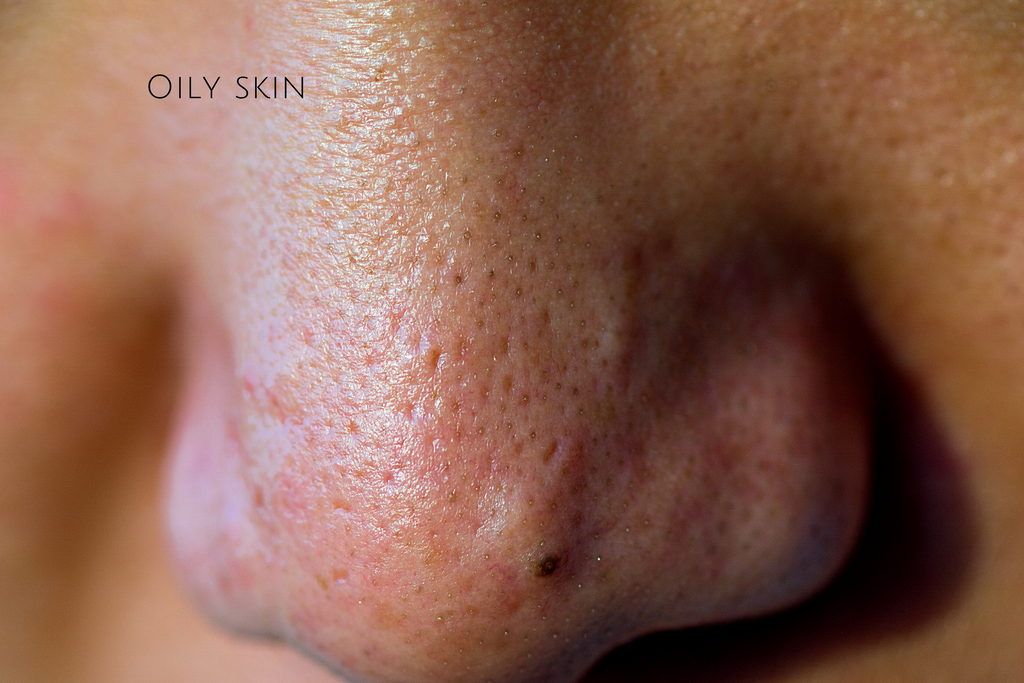 With so many products and opinions and reviews on them, it becomes difficult to choose the right products for your skincare. To build skincare, it is also vital that you know your skin type first as different products work for different skin types. The perfect skincare routine starts after knowing your skin type. Do you know what your skin type is? Let's find that out first.
With so many products and opinions and reviews on them, it becomes difficult to choose the right products for your skincare. To build skincare, it is also vital that you know your skin type first as different products work for different skin types. The perfect skincare routine starts after knowing your skin type. Do you know what your skin type is? Let's find that out first.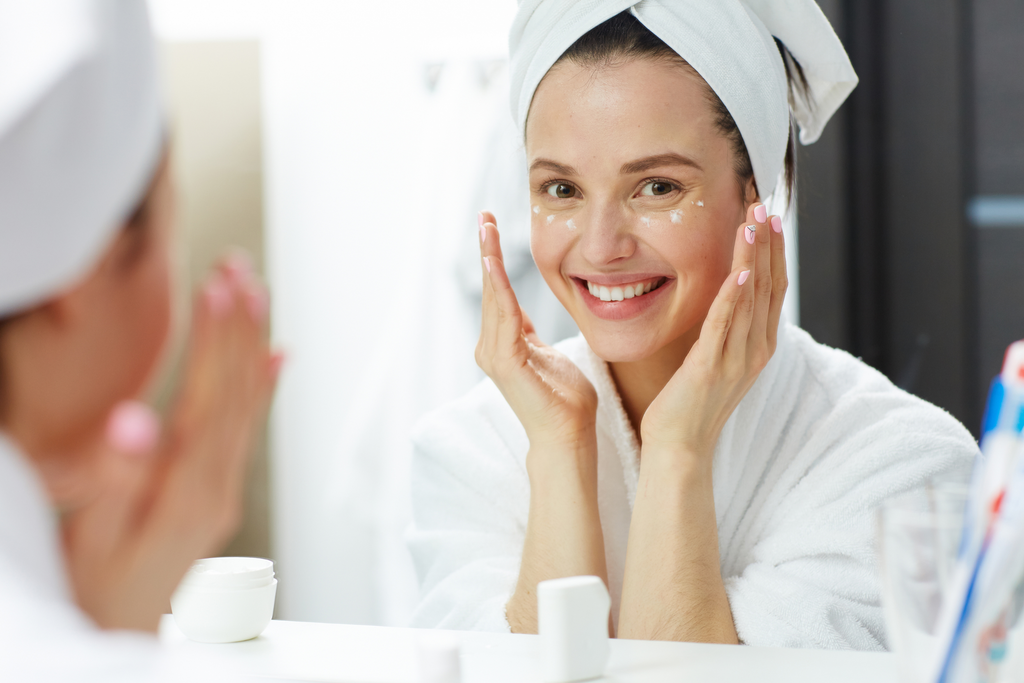
What Is Your Skin Type?
Dry Skin: Dry Skin usually feels tight. Dry skin is more prone to wrinkles, redness and flaking.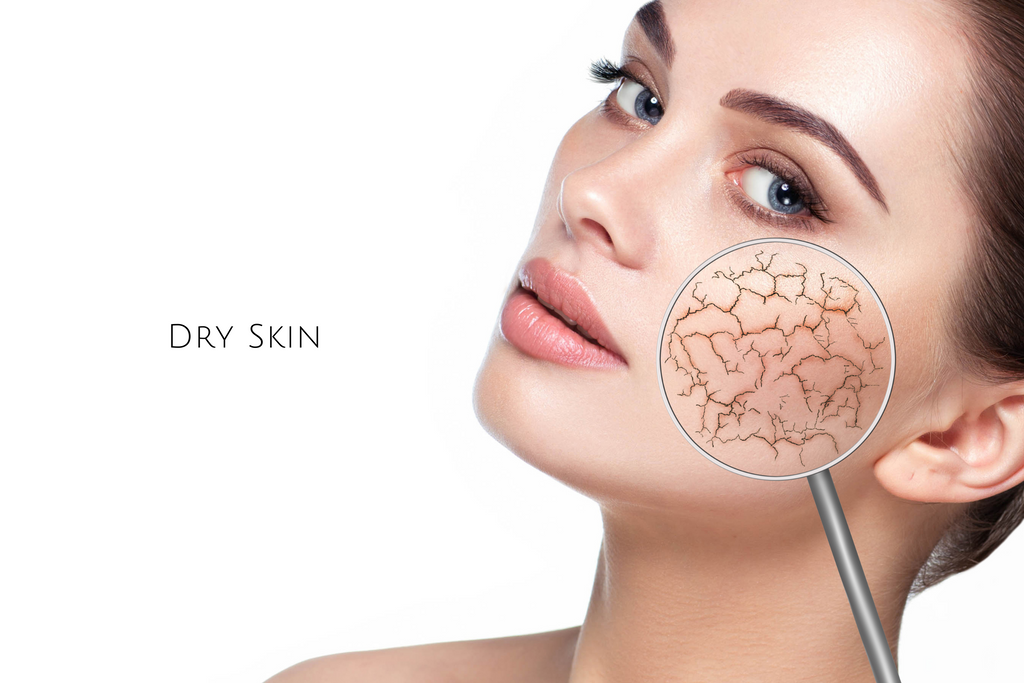
Oily skin: if you have shiny and open pores, you have oily skin. Oily skin is prone to acne, blackheads and blemishes.
Normal/Combination Skin: natural/combination skin has pores of medium size and smooth texture. Since it is a combination skin, the oily area tends to be in the T-zone (forehead, nose and chin) and dryness appears on the cheeks.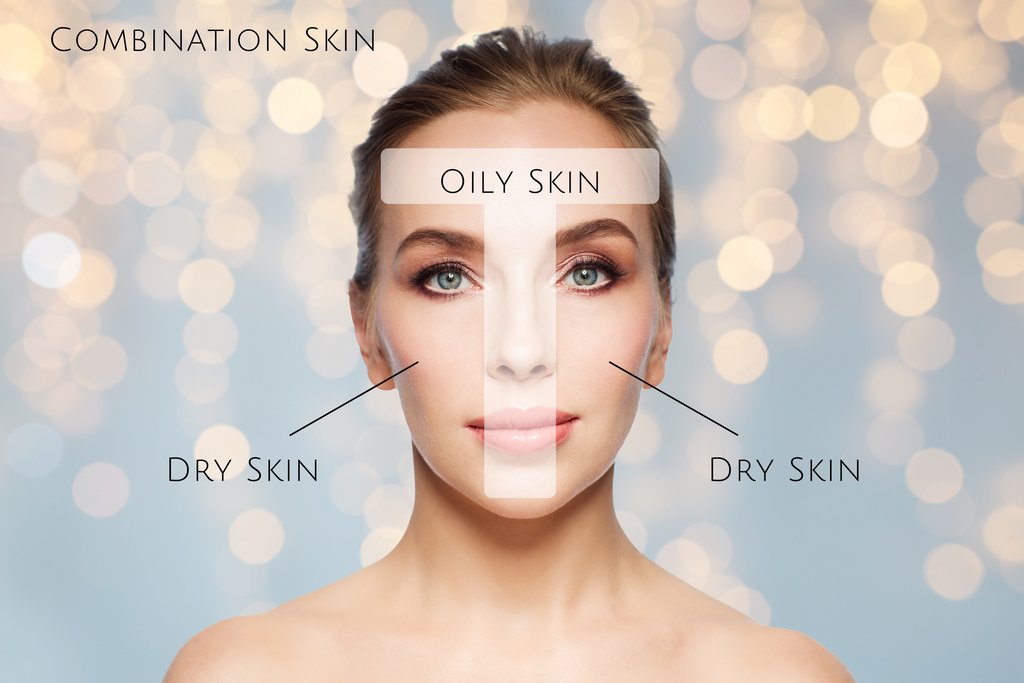
Sensitive skin: if you have delicate skin, fine pores, and your skin is easily irritated or affected by allergies and rashes, then you have sensitive skin.
Now that we know what our skin type is, we can go further with the skincare routine.
The Ultimate Step By Step Skin Care Routine
The number of steps in your skincare routine doesn't matter; your order does. Taking steps in the right order can improve your skincare. Below are the steps to get a good skincare regimen.
-
Wash your face: washing your face every day is very basic and essential. So be sure to wash your face every day in the morning and night. Rinse it and apply a cleanser on your face and then massage your face with gentle pressure. After you wash your face, take a soft towel and gently pat your face. If you want to remove makeup, you might need to cleanse your face twice. Avoid trying to rub your eyes and then follow-up with a cleanser on the full face.
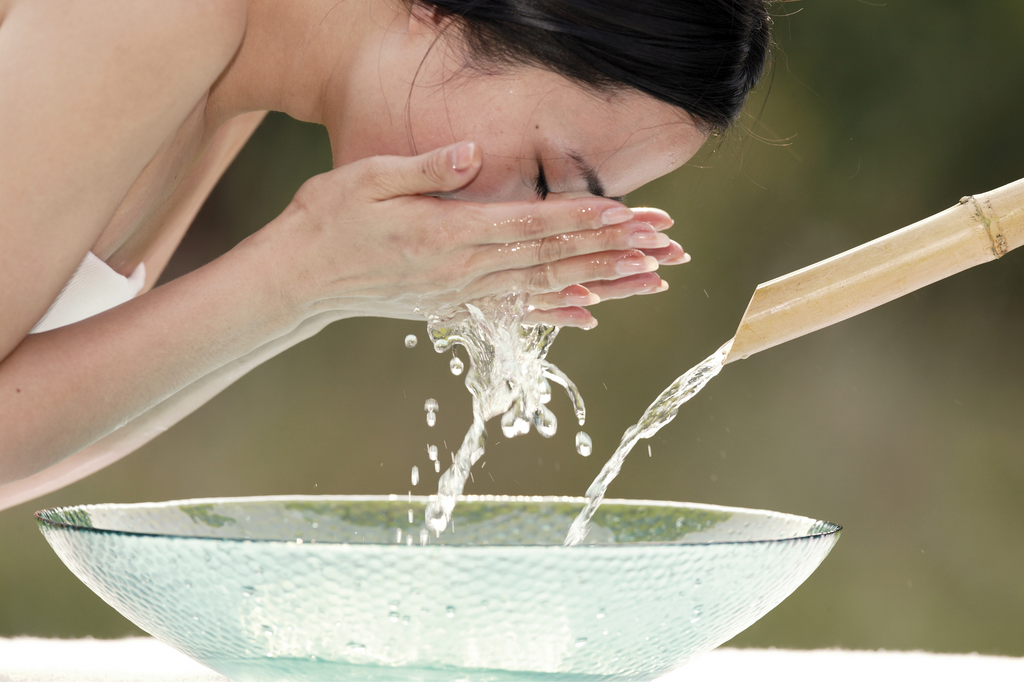
-
Apply a toner: if you apply toner after you wash your face, it will help in removing the leftover dirt on your face after cleansing. Toner also helps in drying up the oily skin. It has nutrients and other products that help in balancing your skin complexion. Pour a few drops of toner on a cotton pad and gently rub it on your face. If you are using an exfoliating toner that removes dead skin cells, make sure to use it only at night.
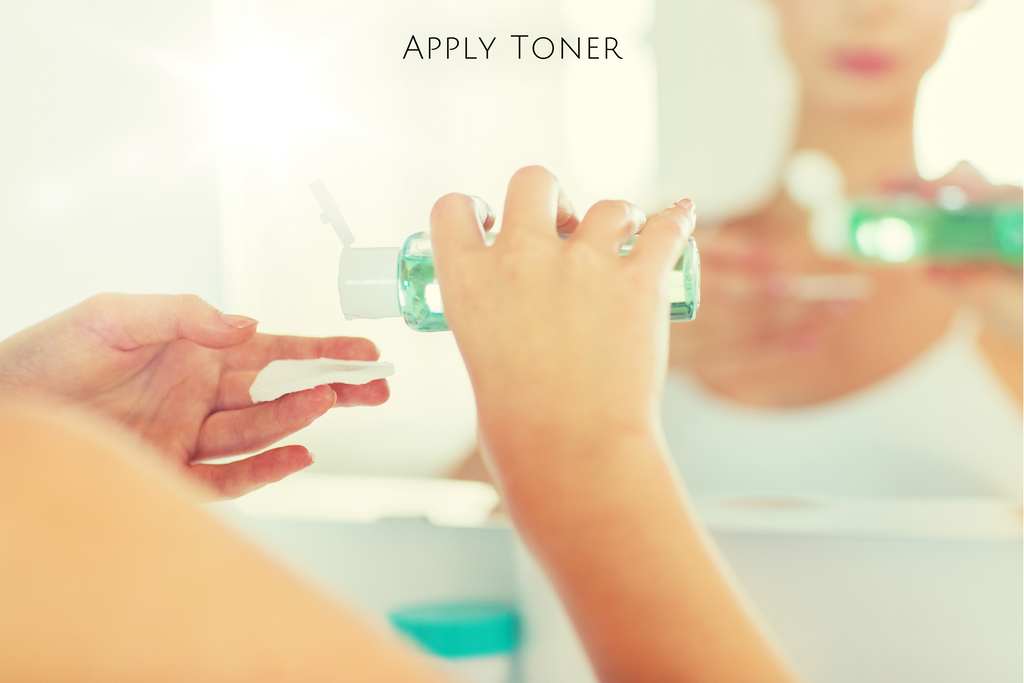
-
Apply a Serum: serum has powerful ingredients that go directly into the skin because of its ability to penetrate deeper into the skin. Morning is the best time to apply serum as it will help in protecting your skin from free radicals that you might encounter throughout the day. If you moisturize your skin, you are preventing it from drying out. Apply a serum with moisturizing properties at night. Especially when you have acne and are using anti-acne treatments that end up drying your skin. Serums contain alpha-hydroxy acids or lactic acid, so remember that serums with oil should be applied after moisturizer and water-based serums should go underneath the moisturizer.
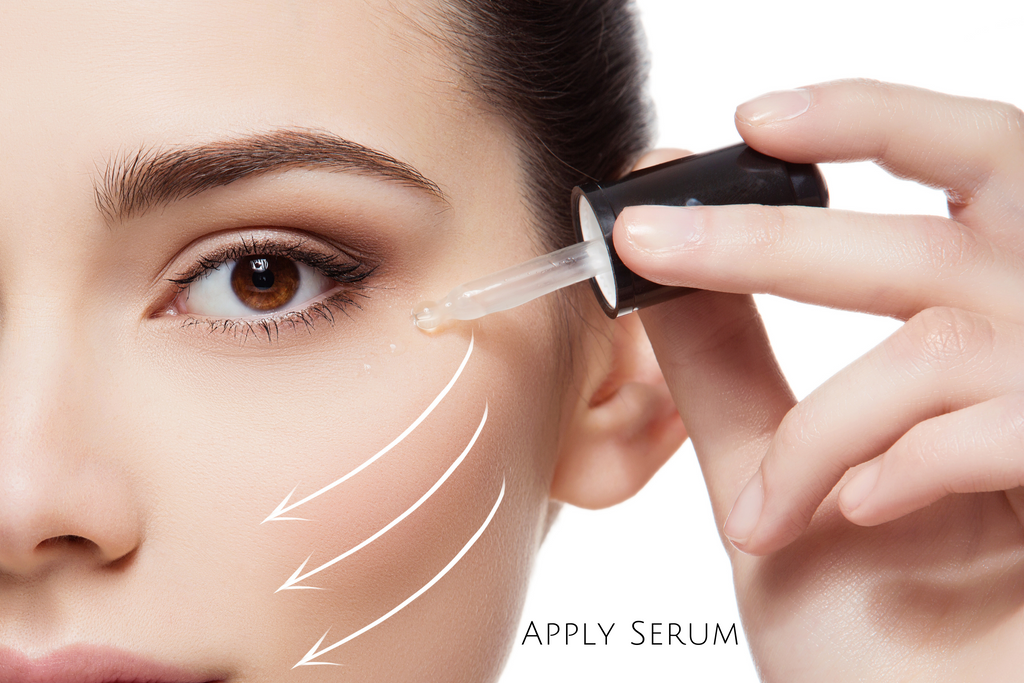
-
Apply an Eye-cream: to take care of the skin under your eyes. You can use a regular moisturizer. But if you use a specialized eye cream, it's better to layer it underneath your moisturizer. Please do not use an eye cream at night as it can make your eyes look puffy in the morning. If you have a metal roller-ball, use it to apply the eye cream and store it in the night to counteract the puffiness of eyes in the morning.
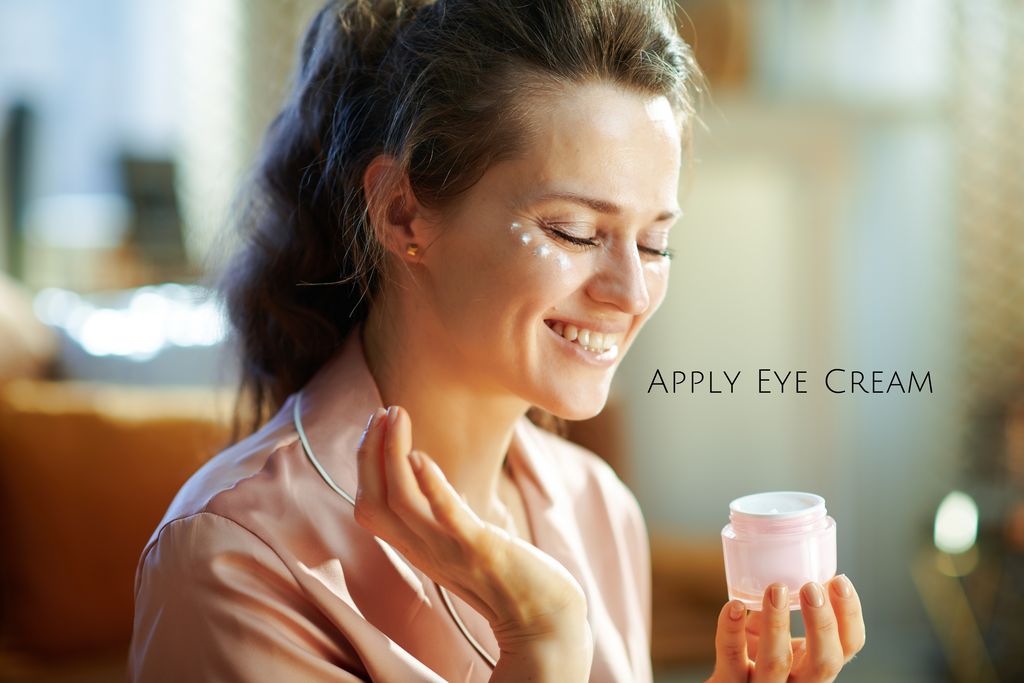
-
Use Spot Treatment: night is the time when our body is in repair mode, and that is when it is the best idea to use acne spot treatments. In the morning after you wake up; apply a lightweight moisturizer with SPF preferably 30 or higher.
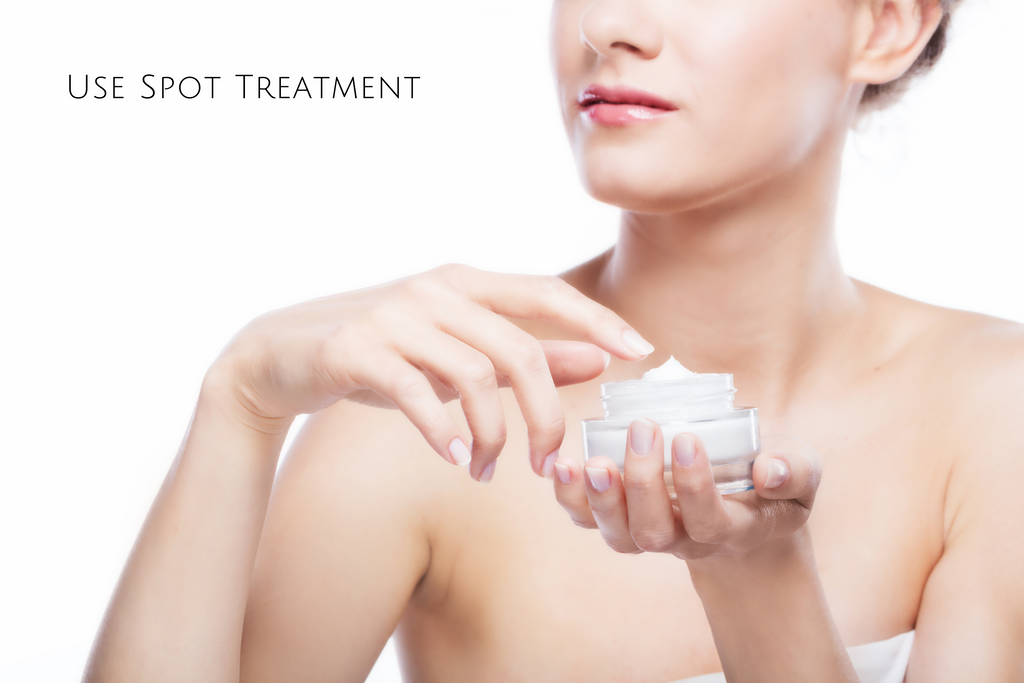
-
Moisturize your skin: moisturizing is essential for all skin types. It helps in hydrating your skin and locks all the layers of products that you have applied before. Apply the moisturizer with a sunscreen in the day. You can use a thicker moisturizer in the night time. If you have dehydrated skin, it is best to apply a moisturizer during both daytime and night time.
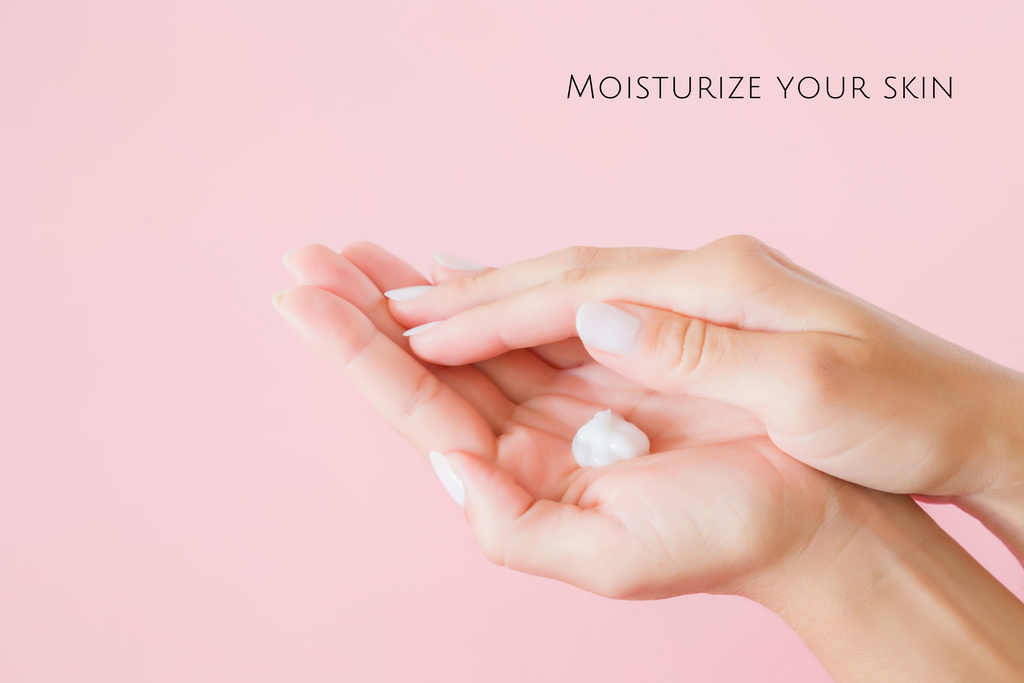
-
Use Retinoids: retinoids are useful for reducing dark spots, fine lines, and breakouts. If you have sensitive skin, retinoids can be irritating. Best time to use retinoids is in the night as they break down in the sun. But if you are going out in the sun anyway, apply it with sunscreen as they make your skin extra sensitive in the sun.
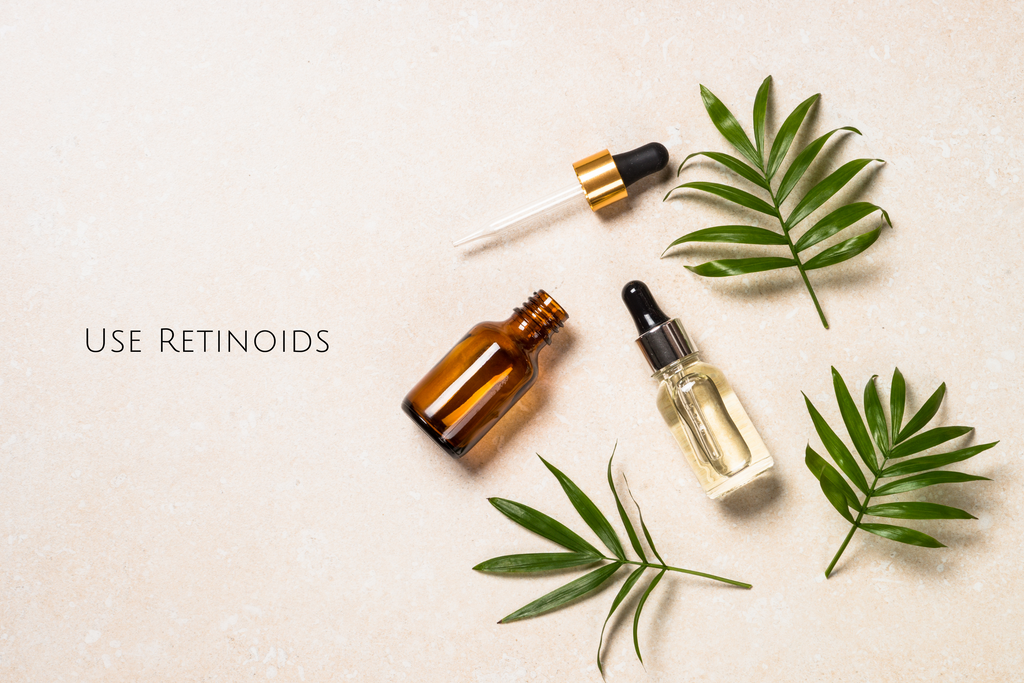
-
Use a Face Oil: if you use a face oil, make sure you apply it after all other products so nothing else will be able to penetrate the oil into the skin.
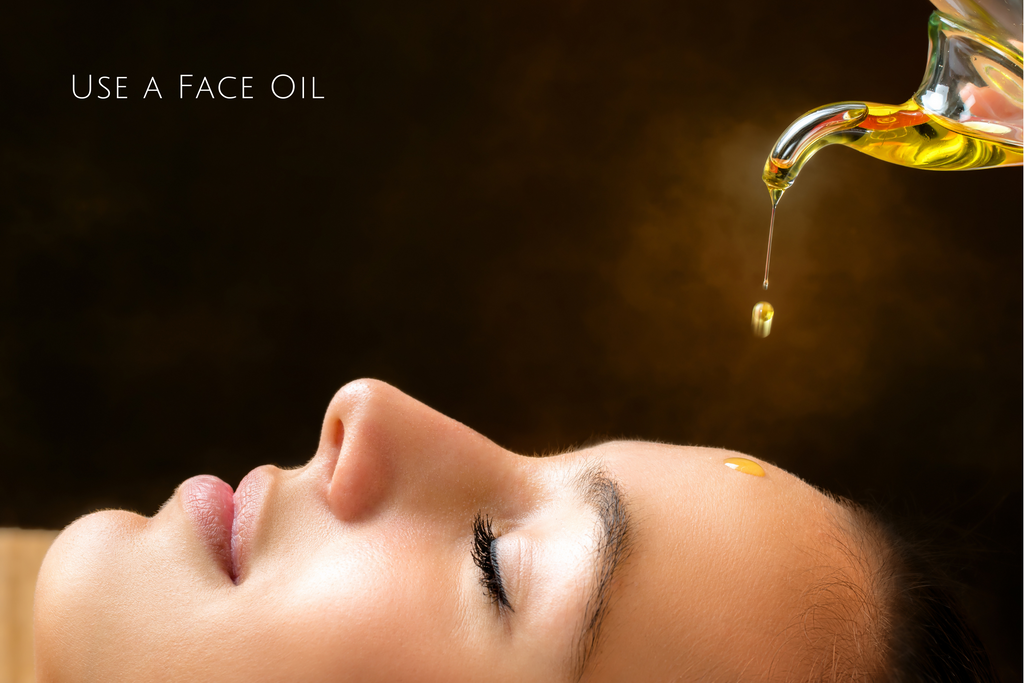
- Apply a Sunscreen: sunscreen is the most crucial part of any skincare regimen. Sunscreen protects your skin from harmful UV rays and early signs of aging. If you are using a moisturizer that does not contain SPF, you will still have to use a sunscreen. Broad-spectrum sunscreen that means sunscreens that protect you from both UVA and UVB radiation are most effective and work wonders.
Recent Posts
-
What is GERD and How Does It Impact Your Health?
Gastroesophageal Reflux Disease (GERD) is a widespread yet often misunderstood condition that affect
-
The Epigenetic Effects of Sleep: Why Rest Is More Important Than You Think
In the hustle and bustle of modern life, sleep is often relegated to the bottom of our to-do lists.
-
Innovative Technologies for Removing Biofilms: What’s on the Horizon?
Biofilms are clusters of microorganisms, including bacteria, fungi, and other microbes, that adhere

